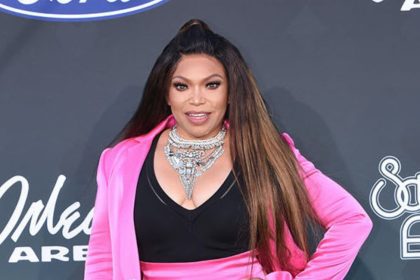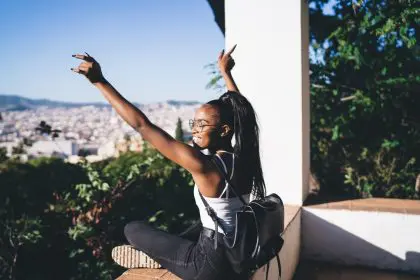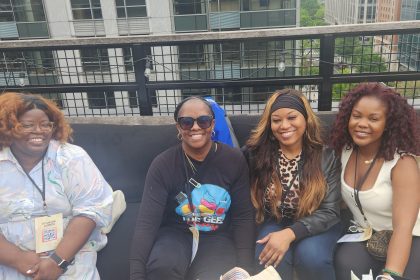 Dec. 1 is World AIDS Day, a day on which all of us are asked to help raise awareness about HIV/AIDS, and to create a sense of urgency about preventing, treating and curing this deadly disease.
Dec. 1 is World AIDS Day, a day on which all of us are asked to help raise awareness about HIV/AIDS, and to create a sense of urgency about preventing, treating and curing this deadly disease.
Unless you have been living in a bubble, you are probably already aware of the startling statistic that more than half of the 1.1 million people living with HIV/AIDS in the United States are black. That figure is especially alarming given the fact that African Americans constitute only 13 percent of our nation’s population.
Black men currently make up the majority of new HIV infections, and it is estimated that 1 in every 16 black men in America will contract this virus in his lifetime. If you are a black woman between the ages of 25 and 34, you are more likely to die of HIV/AIDS than any other cause, and the CDC projects that 1 in 32 black women will test positive for HIV in her lifetime.
If you are under the false assumption that the HIV virus is something only “certain kinds of women” should worry about, you are misinformed, and could be placing yourself in danger every time you have unprotected sex — even if the person you are having sex with tells you he is sure he is not infected.
The fact is, a heterosexual black woman is six times more likely to contract the HIV virus from unprotected sex with a man, than a black woman who contracts the disease using IV drugs.
HIV/AIDS is not a virus that seeks out promiscuous women who use dangerous drugs. The virus does not care about your personal life, how often you attend church, mosque or temple, or whether you are drug-free. The reality is, this deadly virus can infect a monogamous churchgoing, non-drug using woman if she has unprotected sex just once with an infected partner — even if that person is her only sex partner, her fiancé or her husband.
In addition to wearing a red ribbon to commemorate the day, if you are a black woman, (or if you know and love a black woman and care enough to share this with her) here are five important things to do on Dec. 1:
















